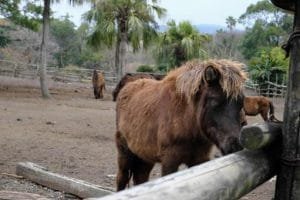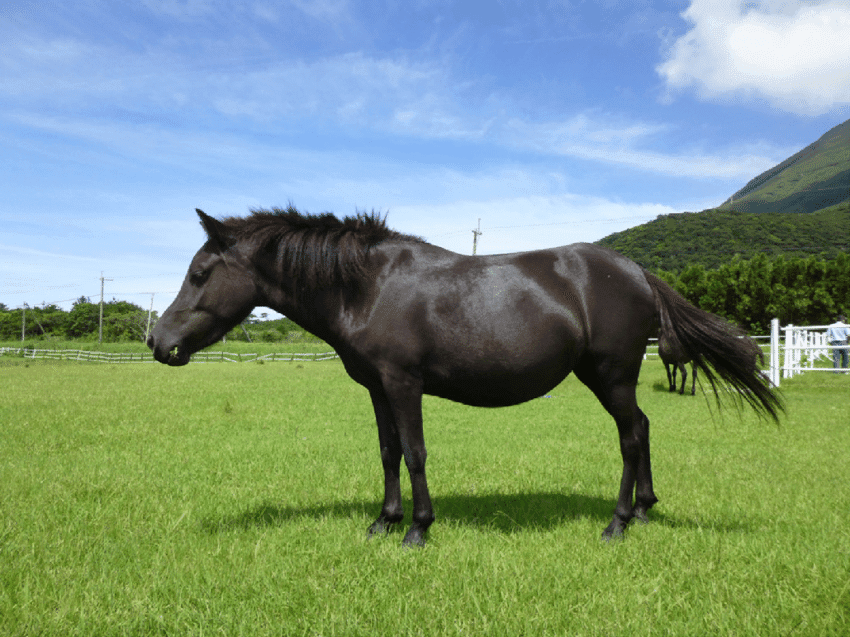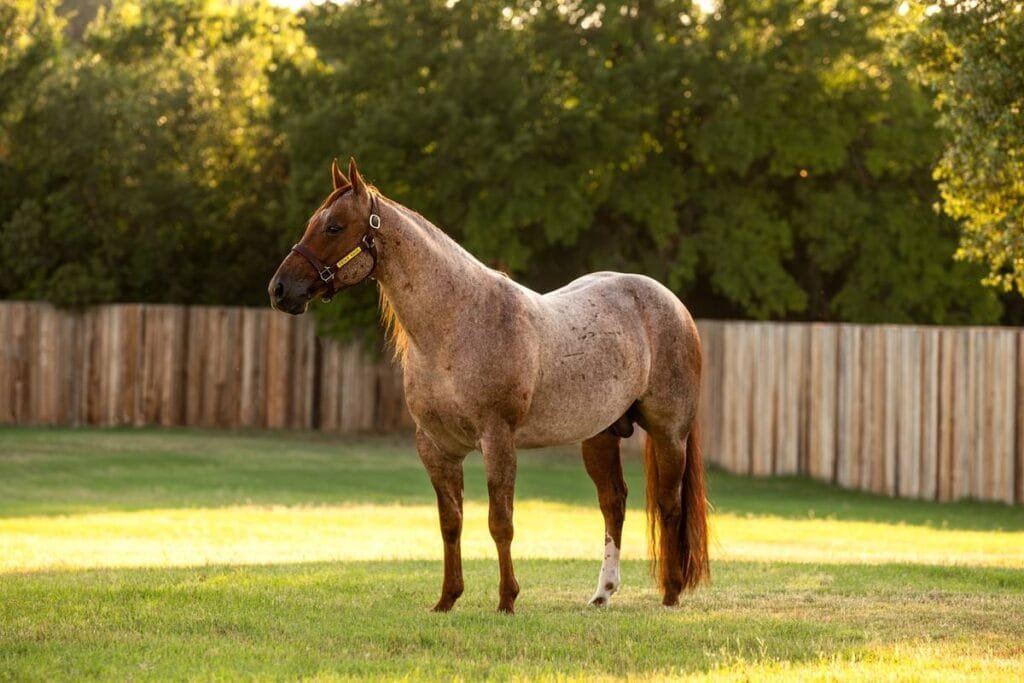Tokara Horse: A Unique Japanese Breed
Known for its resilience and adaptability, this breed has a fascinating history and distinctive characteristics.
History and Origin
The Tokara horse has deep roots in Japanese culture, believed to have descended from ancient horses that roamed the islands. These horses were primarily used for work and transport by local communities. Over time, the breed faced threats from modernization and changing agricultural practices, leading to a significant decline in population. Today, conservation efforts aim to preserve this unique breed, which is an integral part of Japan’s heritage.
Physical Characteristics
The Tokara horse is medium-sized, known for its sturdy build and strong legs. Its coat colors vary, but they commonly feature shades of brown, black, and chestnut. Here’s a quick overview of its physical features:
| Feature | Details |
|---|---|
| Height | 12.2 to 14.2 hands (approximately 125 to 145 cm) |
| Weight | 660 to 880 pounds (300 to 400 kg) |
| Coat Colors | Brown, black, chestnut, with variations |
| Build | Stocky, muscular, with strong legs |
| Mane and Tail | Typically thick and flowing |
Temperament
Tokara horses are known for their gentle and calm demeanor. They are intelligent and have a strong bond with their handlers, making them suitable for various activities, including riding and working on farms. Their friendly nature makes them a favorite among families and children.

Uses
Historically, Tokara horses were utilized for farming and transport. Although their use has declined, they are still cherished for:
- Traditional Farming: Some farmers use Tokara horses for plowing and other agricultural tasks.
- Tourism: The horses are often featured in tourist activities, offering rides and showcasing traditional practices.
- Conservation Programs: Efforts to preserve the breed include breeding programs and educational activities about their importance.
Conservation Efforts
Due to their declining numbers, various organizations are working tirelessly to protect the Tokara horse. Breeding programs focus on increasing population size while maintaining genetic diversity. Education and awareness campaigns help highlight the breed’s significance in Japanese culture and agriculture.
- Cultural Significance: Tokara horses are celebrated in local festivals and traditions, symbolizing strength and resilience.
- Adaptability: They thrive in the challenging terrains of the Tokara Islands, showcasing their remarkable endurance.
- Endangered Status: With fewer than 200 individuals estimated to exist, the Tokara horse is classified as a rare breed, emphasizing the need for ongoing conservation efforts.
The Tokara horse is more than just a beautiful breed; it represents a vital part of Japan’s agricultural history and cultural heritage. As efforts continue to preserve this remarkable horse, we can appreciate its unique qualities and the bond it shares with people. Whether you’re a horse enthusiast or simply curious about rare breeds, the Tokara horse is a captivating subject worth exploring.




